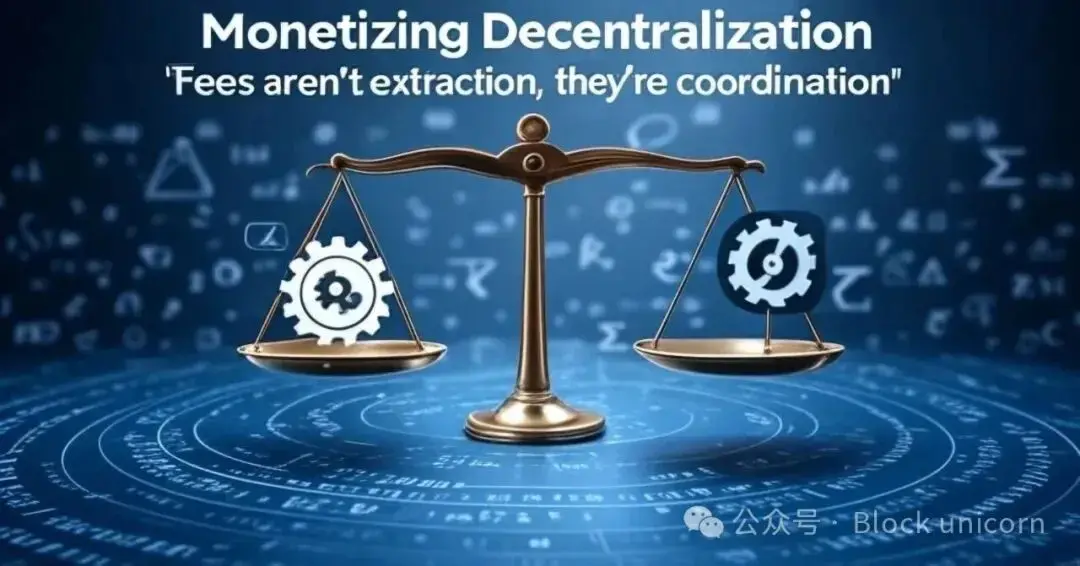Hyperliquid’s USDH Ticker Assigned via Onchain Vote
- USDH ticker vote by validators on September 14, 2025.
- Proposals from four teams due September 10.
- Focus on community oversight and transparency.
Hyperliquid announced an on-chain validator vote on September 14, 2025, from 10:00 to 11:00 UTC, to assign the USDH ticker, with proposals due by September 10.
The vote emphasizes decentralized governance, countering centralized control, and enhancing transparency amid growing institutional interest in Hyperliquid’s ecosystem.
Main Content
Hyperliquid’s USDH Ticker Vote
Hyperliquid has scheduled an onchain validator vote to determine the assignment of the USDH ticker. The event is set for September 14, 2025, following proposal submissions by teams such as Paxos and Frax Finance.
The Hyperliquid Protocol Team announced the decision, overseeing the governance process . Teams must submit proposals by September 10, advocating for USDH, with validators declaring support by September 11.
Impact on Stablecoin Market
The vote’s outcome will influence stablecoin competition within Hyperliquid, potentially affecting asset prices and market dynamics. The involvement of major players highlights emerging institutional interest in Hyperliquid’s newly proposed system.
Hyperliquid’s move towards reduced spot trading fees and regulatory compliance could spur further adoption. The initiative aims to foster an environment of transparency and decentralization.
Community Participation in Governance
Experts cite this vote as a pivotal step for increasing community participation in ticker assignments. However, some criticize the reopening of the USDH ticker, citing previous project disruptions caused by similar actions.
Hyperliquid’s ticker voting initiative positions the protocol against centralized control commonly seen on major exchanges. Community oversight and transparency are now foundational pillars,” said Jaehyun Ha, Research Analyst at Presto.
Hyperliquid’s approach seeks to alleviate centralized influence, as evidenced by the reliance on validator votes. These actions echo broader industry trends favoring community-based decision-making and governance structures in cryptocurrency ecosystems.
Disclaimer: The content of this article solely reflects the author's opinion and does not represent the platform in any capacity. This article is not intended to serve as a reference for making investment decisions.
You may also like
From "flood irrigation" to a differentiated landscape, will the altcoin season repeat the glory of 2021?
The altcoin season of 2021 erupted under a unique macro environment and market structure, but now, the market environment has changed significantly.

a16z In-Depth Analysis: How Do Decentralized Platforms Make Profits? Pricing and Charging Strategies for Blockchain Startups
a16z points out that a well-designed fee structure is not at odds with decentralization—in fact, it is key to creating a functional decentralized market.

OpenSea unveils final phase of pre-TGE rewards, with $SEA allocation details due in October

Bitcoin Mining Difficulty Reaches New Record High